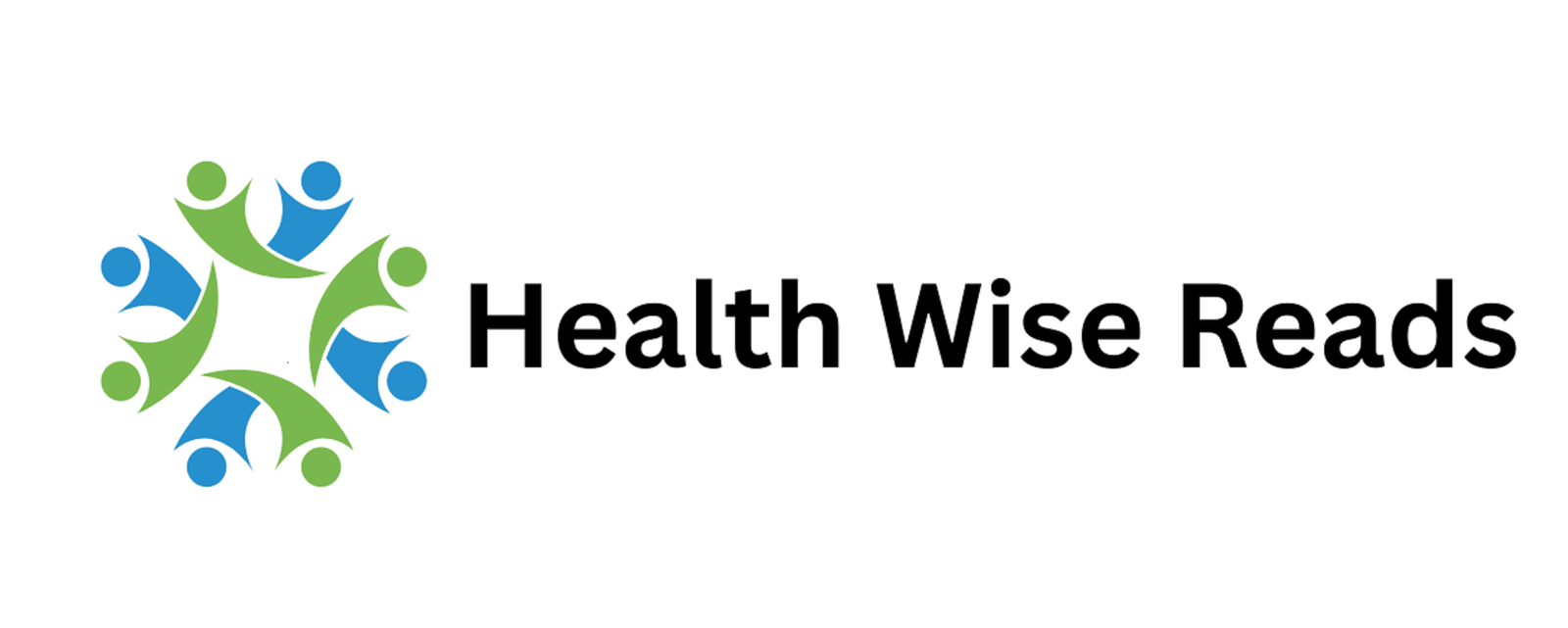Entry Level Health Informatics Jobs: Your Comprehensive Guide
Discover Lucrative Entry Level Health Informatics Jobs and Kickstart Your Career Today
Introduction
Are you interested in a career that combines your passion for healthcare and technology? Look no further than the world of health informatics. With the growing reliance on electronic health records and the need for data-driven decision-making in healthcare organizations, entry level health informatics jobs are on the rise. In this comprehensive guide, we will explore the various opportunities available in this field, the skills required, educational paths to pursue, salary expectations, and tips for securing your dream entry level health informatics job.
What is Health Informatics?
Health informatics is a rapidly evolving field that combines the management and analysis of healthcare data with information technology. It involves the collection, organization, and interpretation of health-related data to improve patient care, streamline processes, and enable evidence-based decision-making. By leveraging technology, health informatics professionals play a vital role in ensuring the efficient flow of information within healthcare systems, improving healthcare outcomes, and enhancing the patient experience.
Benefits of Pursuing a Career in Health Informatics
Before diving into the various entry level health informatics jobs, let’s explore the benefits of pursuing a career in this field:
- Thriving Job Market: With the increasing demand for healthcare technology solutions and data management, the job market for health informatics professionals is thriving. The Bureau of Labor Statistics projects a faster-than-average job growth rate of 11% for medical and health services managers, which includes health informatics roles, from 2018 to 2028.
- Lucrative Salaries: The demand for skilled health informatics professionals has led to competitive salaries. Entry level positions offer attractive starting salaries, with ample room for growth as you gain experience and expertise in the field.
- Fulfilling and Impactful Work: Health informatics professionals have the opportunity to make a real difference in the healthcare industry. By leveraging technology and data, they contribute to improved patient care, increased efficiency, and informed decision-making at all levels of healthcare delivery.
Now that we understand the benefits of pursuing a career in health informatics, let’s explore some entry level job options available in this field.

Exploring Entry Level Health Informatics Jobs
Entry level health informatics jobs offer an enticing entry point for individuals looking to kickstart their careers in this rapidly growing field. Let’s explore five prominent entry level roles:
Job 1: Clinical Informatics Analyst
As a Clinical Informatics Analyst, you would work closely with healthcare providers, leveraging your knowledge of technology and clinical workflows to improve patient care. Responsibilities may include designing and optimizing electronic health record systems, analyzing data to identify trends and opportunities for improvement, and providing training and support to healthcare staff.
Job 2: Health Information Technician
Health Information Technicians play a critical role in managing and safeguarding patient health records. In this role, you would be responsible for ensuring the accuracy and completeness of medical records, encoding patient information into electronic health systems, and maintaining the confidentiality of sensitive data. Attention to detail and strong understanding of privacy regulations and compliance are essential for success in this position.
Job 3: Healthcare Data Analyst
Healthcare Data Analysts play a crucial role in extracting meaningful insights from vast amounts of healthcare data. In this role, you would analyze data to identify patterns, trends, and opportunities for process improvements. Your findings would support evidence-based decision-making, help identify areas for cost savings, and contribute to overall quality improvement initiatives within healthcare organizations.

Job 4: Health IT Project Coordinator
As a Health IT Project Coordinator, you would be responsible for managing and coordinating technology implementation projects within healthcare settings. This may involve working closely with cross-functional teams to ensure successful system implementation, following project timelines, and liaising between technical and non-technical stakeholders. Strong organizational and communication skills are crucial in this role.
Job 5: Healthcare Systems Implementation Specialist
In this role, you would be responsible for implementing and maintaining health information systems within healthcare organizations. You would collaborate with various stakeholders to understand system requirements, configure software to meet organizational needs, provide end-user training, and troubleshoot technical issues. Attention to detail, adaptability, and a solid understanding of healthcare workflows are essential for success in this role.
Now that you have an overview of some entry level health informatics jobs, let’s explore the skills and qualifications you need to thrive in this field.

Skills and Qualifications You Need
To excel in entry level health informatics jobs, you need a combination of technical and soft skills. Here are some key skills and qualifications to consider:
- Healthcare and Technology Knowledge: A strong understanding of healthcare industry processes, regulations, and terminology is crucial. Additionally, proficiency in relevant technologies, electronic health records, data analysis tools, and database management systems is essential.
- Analytical Skills: Health informatics professionals need to be able to analyze large datasets, identify trends, and draw meaningful insights to inform decision-making. Strong analytical skills, data interpretation abilities, and attention to detail are vital in this field.
- Communication and Collaboration: Effective communication and collaboration are essential in health informatics roles. You must be able to explain complex technical concepts to non-technical stakeholders, collaborate with cross-functional teams, and build strong working relationships with colleagues.
- Problem-Solving Abilities: Health informatics professionals often encounter challenges related to data integrity, system implementation, and process optimization. A strong problem-solving mindset, adaptability, and the ability to think critically are important to overcome these hurdles.
- Continuous Learning: The field of health informatics is ever-evolving. Staying updated with new technologies, industry trends, and best practices is crucial to succeed. A passion for continuous learning and adaptability to change will set you apart in this fast-paced environment.
Now that you know the skills and qualifications required, let’s explore the educational paths you can pursue to enter the field.
Educational Paths for Health Informatics Careers
While there are multiple educational paths to enter the field of health informatics, a solid foundation in healthcare information technology and data management is essential. Here are some common options for aspiring health informatics professionals:
- Bachelor’s Degree in Health Informatics: Pursuing a bachelor’s degree in health informatics is a popular choice for individuals seeking an entry level position in the field. These programs offer a blend of healthcare, technology, and data management courses, providing a well-rounded education.
- Bachelor’s Degree in a Related Field + Certification: If you already have a bachelor’s degree in a related field such as healthcare administration, nursing, or computer science, you may consider obtaining a certification in health informatics. Certification programs can provide specialized knowledge and validate your expertise to potential employers.
- Master’s Degree in Health Informatics: For those looking to advance their career or specialize in a specific area of health informatics, a master’s degree can provide a competitive edge. These programs often delve deeper into topics such as data analytics, health information exchange, and healthcare systems implementation.
- Professional Development Courses: In addition to formal degrees, there are numerous professional development courses available that cater to specific skill sets within health informatics. These courses focus on topics such as data analysis, electronic health records, and health information security.
Next, let’s explore the salary expectations for entry level health informatics jobs.
Salary Expectations for Entry Level Roles
Salaries for entry level health informatics jobs vary depending on factors such as location, level of education, and years of experience. Here is a general overview of the salary ranges you can expect in some popular entry level roles:
- Clinical Informatics Analyst: $50,000 – $70,000 per year
- Health Information Technician: $30,000 – $45,000 per year
- Healthcare Data Analyst: $55,000 – $75,000 per year
- Health IT Project Coordinator: $45,000 – $60,000 per year
- Healthcare Systems Implementation Specialist: $50,000 – $70,000 per year
It’s important to note that these ranges serve as guidelines and can vary based on location, organization size, and other factors. As you gain experience and expertise, your earning potential is likely to increase.
Tips for Landing an Entry Level Health Informatics Job
Securing your dream entry level health informatics job requires preparation and a strategic approach. Here are several strategies to make a distinct impression in this highly competitive industry:
- Gain Hands-On Experience: Seek internships, volunteer opportunities, or part-time roles that allow you to gain practical experience in health informatics. This will enhance your resume, showcase your skills, and increase your chances of securing an entry level job.
- Network: Participate in industry conferences, become a member of professional associations, and engage with experts in the field. Networking can open doors to hidden job opportunities and provide valuable insights from industry experts.
- Tailor Your Resume: Customize your resume to highlight relevant skills, experiences, and certifications related to health informatics. Include keywords from job descriptions to ensure your resume passes through applicant tracking systems.
- Prepare for Interviews: Research common interview questions for health informatics roles and prepare thoughtful answers that highlight your skills and knowledge. Be prepared to discuss specific projects or experiences that demonstrate your ability to succeed in the role.
- Continuously Learn and Stay Updated: Demonstrate your passion for the field by staying updated with the latest industry trends, attending webinars or workshops, and pursuing continuous learning opportunities. This will showcase your dedication and highlight your commitment to professional growth.
Conclusion
Entry level health informatics jobs provide a compelling opportunity for individuals interested in combining their passion for healthcare and technology. From Clinical Informatics Analysts to Healthcare Systems Implementation Specialists, various entry level roles offer a pathway to a rewarding career in this rapidly growing field. By obtaining the necessary skills, pursuing relevant education, and following the tips provided, you can position yourself for success in securing an entry level health informatics job. So, what are you waiting for? Take the first step towards an exciting career in health informatics today.







